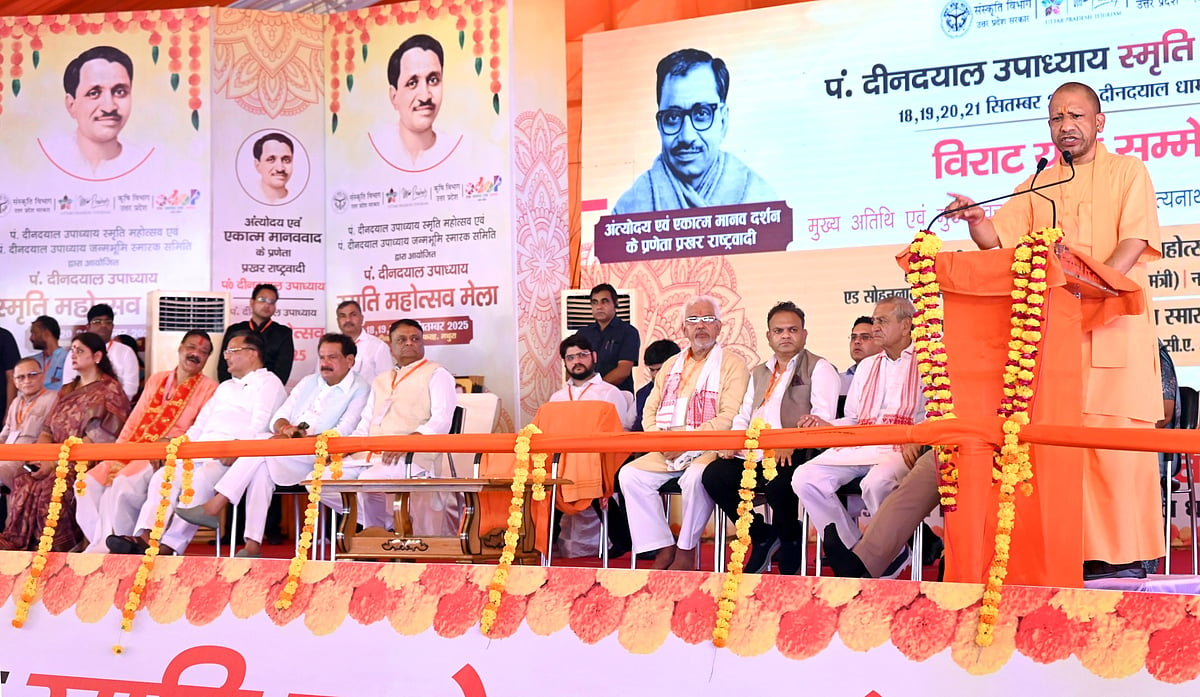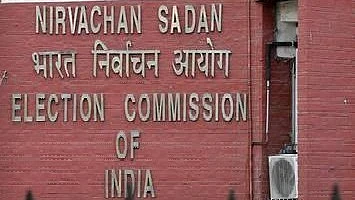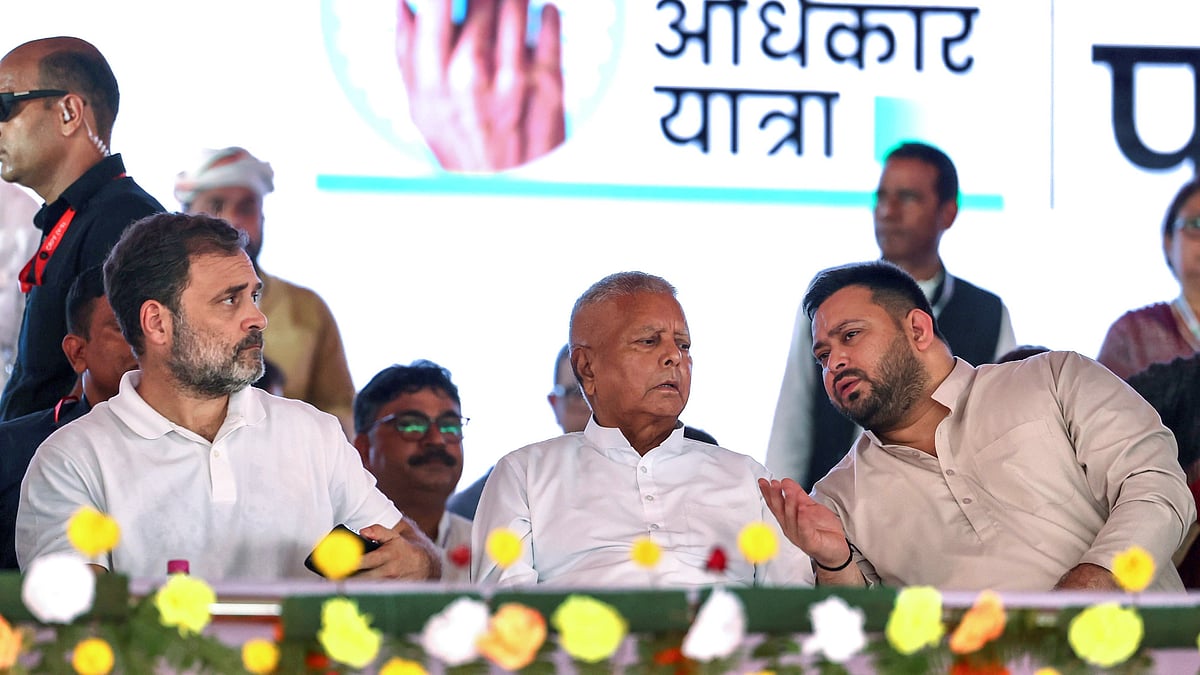The Maha Kumbh is one of the most revered and sacred Hindu festivals. It has evolved beyond its religious origins to become a globally recognised cultural event. In 2017, it was even included in UNESCO’s Intangible Cultural Heritage list. The festival emphasises the importance of faith, discipline, and communal harmony in an increasingly fragmented world. The Maha Kumbh Mela 2025 will take place exclusively in Prayagraj from January 13 to February 26, 2025.
This monumental occasion is the largest religious gathering in the world, offering spiritual purification at the confluence of the Ganga, Yamuna, and Saraswati rivers. It serves to highlight communal solidarity and cultural legacy. To learn more about the significance of religious pilgrimage, please refer to the information provided below.
What is the meaning of Kumbh?
The word "Kumbh" is derived from the Sanskrit term for "earthen pot" or "pitcher," symbolising the womb, which nurtures life and represents the eternal cycle of creation and dissolution. The Kalash, or pot, embodies the womb of the goddess. It symbolises fertility, abundance, and growth. The womb is significant because everything in physical reality originates from a mother's womb. It serves as a portal that connects physical reality to cosmic reality, which is why the Kalash holds great importance, especially in hinduism.










